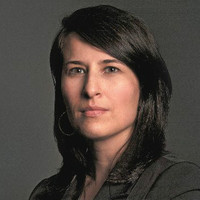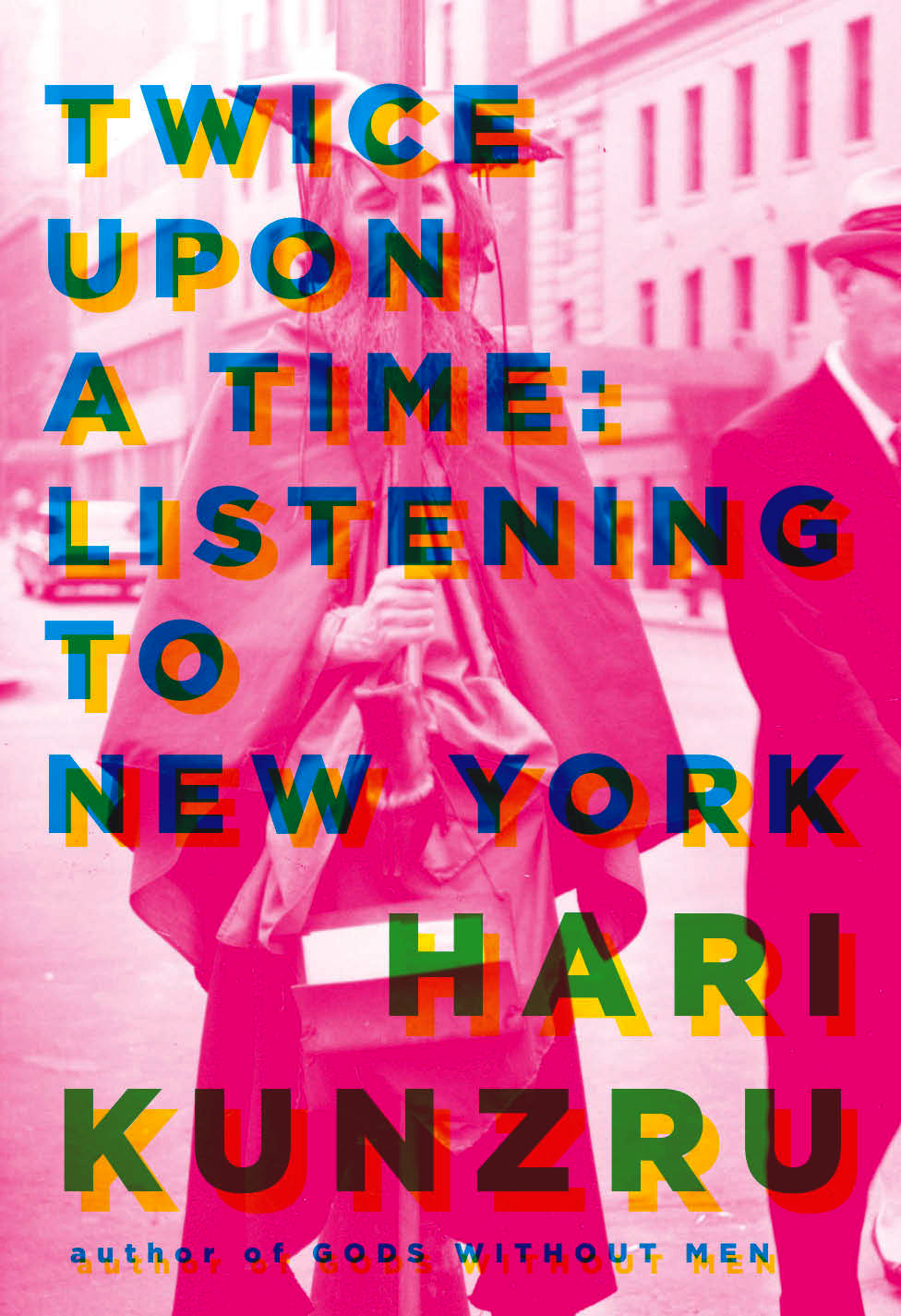Pavement: The Return of the Heavily-Favored Underdogs
Stylistically speaking, in terms of clothing, they arrived in shirts and pants and shoes (there’s really no other way to say it). They had haircuts, but it didn’t really look it. While other bands were mumbling or over-enunciating their dreary positions or penny-candy philosophies, Pavement kind of screamed for a generation. But they did it in a way that was so deeply American that it was almost Scandinavian.
Playwright Will Eno profiles the band and their cult as they grow up and prepare for a reunion.








